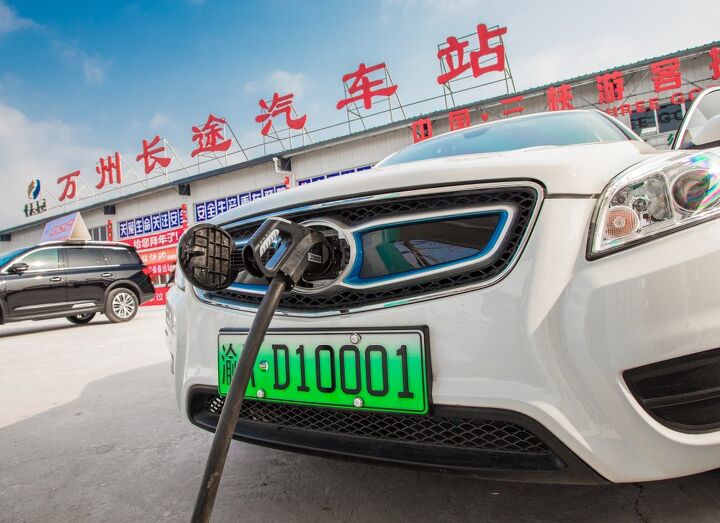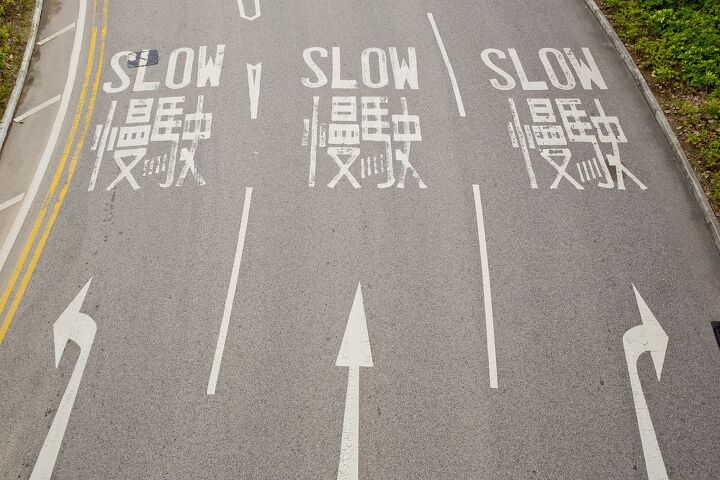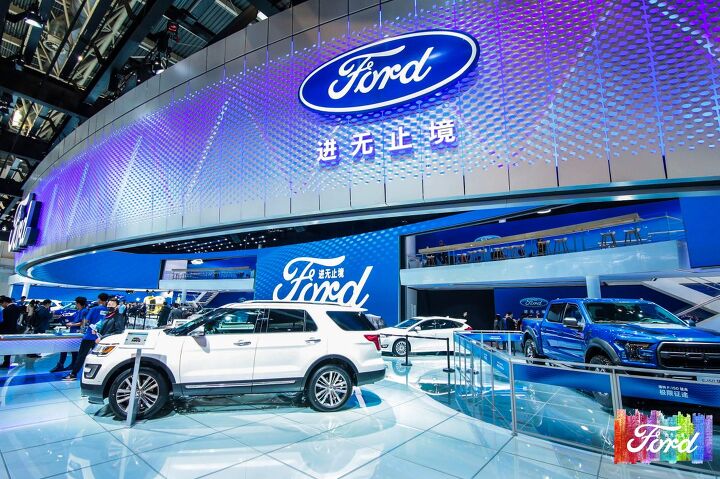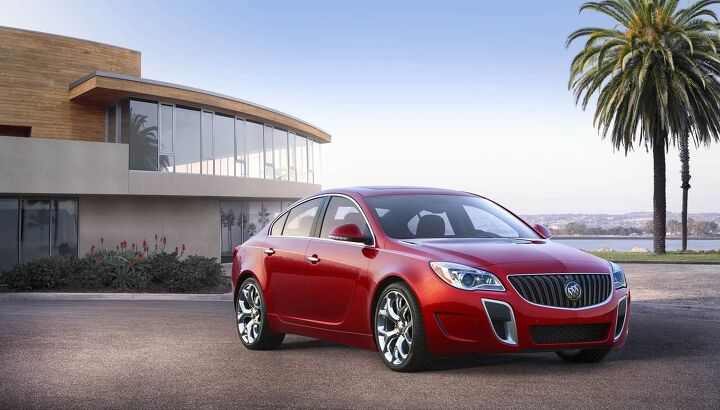#ChinaAssociationOfAutomobileManufacturers
Chinese Auto Sales Reportedly Rebounding Robustly
The China Association of Automobile Manufacturers (CAAM) is reporting its home market grew 74.9 percent in March, resulting in nearly 2.53 million new-vehicle deliveries. While we’re often skeptical of the organization’s rosy predictions and tallies, it’s claiming the recent sales surge is the direct result of how bad things had been in the previous year. China instituted some of the most aggressive lockdown protocols of any nation in the initial stages of the pandemic and had already been struggling with a declining vehicle market in 2019.
CAAM is making no illusions about the gains being based on anything other than how horrible March of 2020 was and doesn’t want to overpromise moving ahead. It’s a warning that the semiconductor shortage will likely worsen as the year continues, dampening Q2 projections. But the organization has not yet revised its forecast for next year’s overall sales. Last December, CAMM predicted roughly 26.3 million vehicles would be delivered by the end of 2021 and appears to be running with that target.
China's Auto Market Revisited
Chinese auto sales grew 4.4 percent last month vs a year earlier, rising to 2.07 million vehicles, according to tabulations released by the government-backed China Association of Automobile Manufacturers (CAAM) on Monday. This is actually better than its preliminary assessment suggested, with the new figure helping put an end to a 21-month slump of declining automotive sales.
Unfortunately for the region, it doesn’t seem to be indicative of a full recovery. In its report, CAAM noted that the rebound may be only temporary. Last month’s figures were primarily elevated by commercial vehicles, which saw record growth at 32 percent (year over year). Passenger vehicles also saw their numbers improve from the month prior, but they still down 2.6 percent in April. The improvement is widely seen as the result of backlogged orders that couldn’t be completed during the most prohibitive period of the pandemic, as well as the Chinese Communist Party ordering more work vehicles to stimulate the economy.
Did Chinese Auto Sales Recover Last Month?
The China Association of Automobile Manufacturers (CAAM) reports that April was healthier than expected, resulting in an estimated 2 million new vehicle sales. This would be the first time in a couple years the market has seen any monthly growth, with CAAM taking to the Tencent-owned WeChat to announce a single-percent gain over April 2019.
Considering the pandemic is anticipated to suppress global auto sales by anywhere from 10 to 20 percent, it seems premature to call anything a victory. Likewise, influence from the Chinese Communist Party has made any statistics coming out of the country highly suspect. Much of the world is currently under the impression that the nation’s leadership is in an all-out effort to project the country’s strength after failing to share helpful information in a timely manner and downplaying its coronavirus-related deaths. We don’t know what information is credible, especially since all groups (which includes individuals, state institutions, and corporations) are required by law to have direct ties to China’s only political party.
So that’s it then? It’s all bunk? Not quite. While there are plenty of reasons to doubt information coming out of China, there are also reasons to buy what CAAM is selling.
China Readies Rigid Auto Investment Rules for 2019
Despite spending a fortune supporting burgeoning automotive manufacturers and opening its door to foreign enterprises, China’s state planner has approved strict new regulations on investments within the industry.
Following a handful of draft proposals earlier this year, China’s National Development and Reform Commission (NDRC) announced it will ban new independent businesses that make only traditional combustion engines while continuing to push for more “new energy” vehicles.
The People’s Republic has what some might call a bit of a pollution problem. But it’s also one of the largest and fastest-growing battery producers in the world; state policy aims for the widespread adoption of electric vehicles. Unfortunately, this left China with hundreds of automotive startups that will never become profitable just as the country enters an economic downturn and its first year of negative car-sale growth in decades.
American Automakers Losing Footing in China's Wonky Market
Last week, we looked at how the world’s largest automotive markets are coping. If you’re interested in an abridged version, they could all be doing better. We also noted that China was getting around to summarizing its summer sales data. Well, that ship has since come in, and it was full of corpses. The country has endured three straight months of falling car sales after years of consistent growth.
As the world’s largest automotive market, China impacts just about every other industrialized nation on the planet. Unfortunately, the China Association of Automobile Manufacturers (CAAM) reported that influence helped the market share of U.S. brands fall to 10.7 percent in the first eight months of 2018 versus 12.2 percent just one year earlier. The association’s assistant secretary general, Xu Haidong, said this decline could be attributed to American firms inability to refresh their lineups in a timely manner and definitely had nothing to do with the trade war, anti-American sentiments, or the boycotting of U.S. brands by Chinese consumers.
China Automotive Exports Crashing Against Geopolitical, Currency Challenges
China may be a hotbed for automakers to bring in their latest and greatest, but exports of its automotive wares aren’t as hot these days.
Automotive Lobbyists in China Opposing Rule Change in Foreign Ownership
The automotive industry lobby group China Association of Automobile Manufacturers is at loggerheads with Beijing over a rule change proposal that would ease restrictions on foreign ownership of auto manufacturing ventures. The fear, according to CAAM Secretary General Dong Yang, is that should the restraining bolt be removed, the local industry would lose control of the joint ventures they currently hold, if not the Chinese auto industry itself.






















Recent Comments